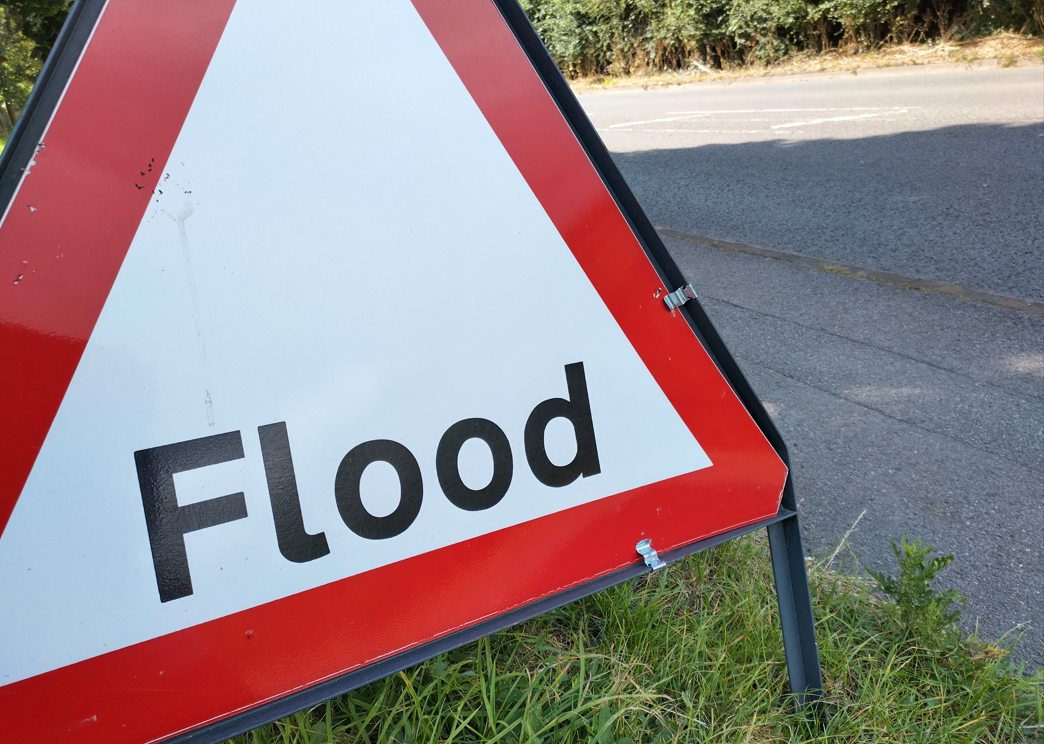Cyber attacks are the most significant threat to reputation today, according to data compiled by risk specialists at WTW.
Among the 500 global corporate risk strategists polled, environmental concerns, governance and social impact were the next most significant reputational risks today.
According to the poll, most organisations are comfortable accepting a degree of reputational risk if the benefits appear to outweigh the risks. 57% of respondents said they would be willing to take on more risk if the activity or association is the right fit for the business. More than two-thirds say they assess such situations on a case-by-case basis.
Some 94% of businesses have some level of reserved budget set aside to help deal with a damaging reputational event, according to WTW, while 64% of respondents admit their organisation has a “moderate” ability to model the financial impact of an event in advance, a downward trend from 74% in 2023 and 87% in 2022. Only 11% said they were able to model the financial implications with a “great deal” of capability, including understanding exposures from a severity and frequency perspective.
David Bennett, head of reputational risk management, direct and facultative, at Willis, said: “The results of the survey show that while crisis response teams are more robust than ever, modelling capabilities still lag. In today’s unpredictable environment, the ability to anticipate and assess costs and liabilities is becoming increasingly critical.
“Reputation has long been viewed as intangible and difficult to quantify. However, embracing advances such as AI-powered platforms, enables organisations to monitor real-time sentiment and model the frequency, severity and potential sources of reputational threats with greater precision than ever before.”
Garret Gaughan, managing director, direct and facultative, added: “Leading businesses are managing reputation as an operational and financial risk and have moved away from viewing it as a branding exercise, with some even linking reputation to board KPIs. To build resilience, companies should develop strong risk management processes, including sentiment tracking and risk intelligence.”
Just 87% of the organisations polled report having a formal crisis response team in place guided by an established set of KPIs; and 91% carry out annual exercises to test crisis communications plan.
Printed Copy:
Would you also like to receive CIR Magazine in print?
Data Use:
We will also send you our free daily email newsletters and other relevant communications, which you can opt out of at any time. Thank you.











YOU MIGHT ALSO LIKE